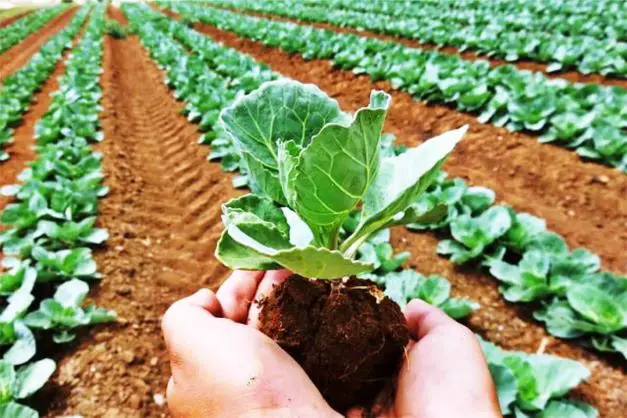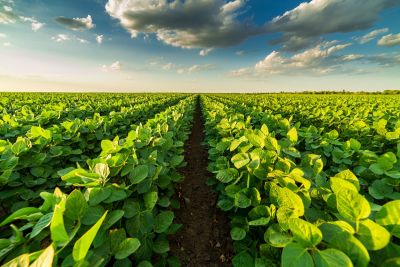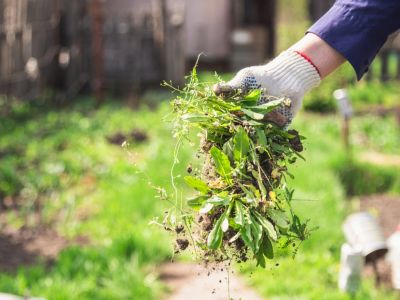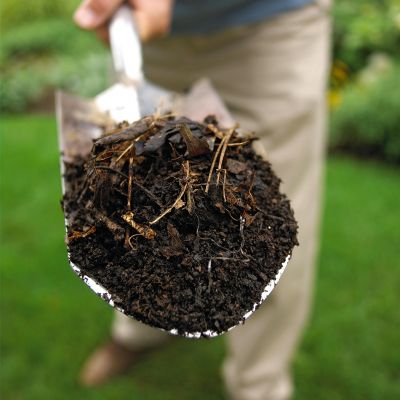Introduction
Bio-farming is a method of production that dramatically reduces the usage of chemicals, resulting in higher-quality food with higher nutritional benefits.
At the same time, it consists of crop rotation, crop residues, organic leftovers, green manure and use of bio agents for biological pest control.
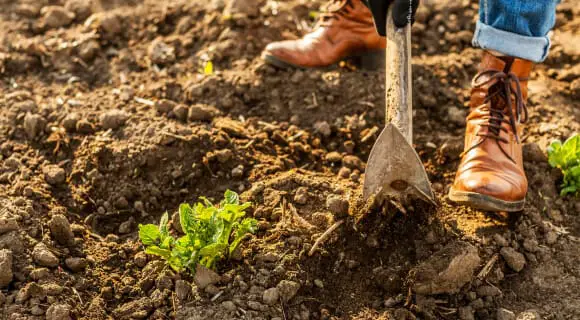
Methods of bio-farming
1. Crop diversity and rotation
When a large field is planted with only one crop, and that crop is the same year after year. Two issues arise. First, the soil can quickly run out of the necessary nutrients. Second, the cropland becomes a major target for pests, who discover that they can complete their reproductive cycle in the same location rather than traveling to find more plants.
Crop rotation is a technique used by organic farmers to increase soil fertility and deter pests by combining many crops in one field and rotating which fields host which crops.
2. weed management
While conventional farming focuses on “weed elimination,” or killing weeds after they’ve sprouted with pesticides. Bio- farming focuses on “weed suppression,” or preventing weeds from sprouting in the first place.
Organic farmers outcompete weeds by turning the soil between crops, mulching around crops, sowing cover crops, and keeping their plants healthy. When weeds do appear, they can be removed using a variety of organic ways. Those organic ways consist of mowing, thermal weeding, natural pesticides, and even grazing animals such as geese.
3. Natural fertilizers and compost
Biological farming practices avoid using synthetic chemicals in their fertilizers. Instead they reply on natural materials to provide nutrients to their plants.
Compost (broken down organic matter), animal manure, and green manure (cover crops left to degrade in the fields) are all natural fertilizers. And they can serve to re-energize the soil with nutrients in preparation for a new crop.
4. Biological pest control
Predatory insects are frequently absent from conventional farming, allowing pest populations to grow unchecked.
Organic farmers tackle this by attracting predatory insects to their crops. Usually by introducing desired plants that the predatory insects utilize to lay eggs in or around their crops.
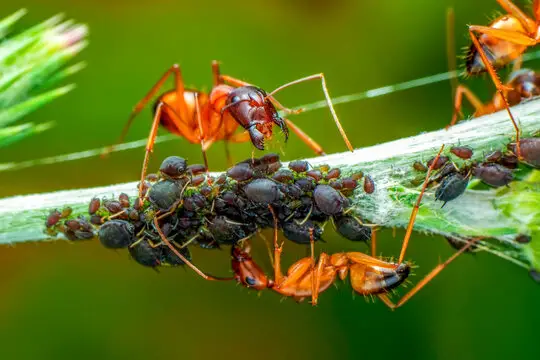
benefits of bio-farming
1. No Harmful Pesticides: Humans and animals can be poisoned by most synthetic pesticides used in conventional farming. These insecticides have the potential to pollute the air and groundwater sources around the farm. Furthermore, weeds that are repeatedly exposed to pesticides typically develop resistance to the chemicals. And this results in greater weeds that require even more powerful chemicals to control. Pesticides are not used at all in organic crops, which means pollution is considerably reduced.
2. Sustainably Healthy Soil: Conventional farming depletes the soil’s precious nutrients before artificially replenishing them with synthetic fertilizers. This method inhibits the growth of beneficial bacteria and other decomposers that keep soil healthy in nature. This means that if a typical farmer left their field to sit, the soil would struggle to reclaim its nutrients. Biological farming, on the other hand, attempts to be a sustainable agriculture by infusing soil with beneficial bacteria and decomposers. And this results in more sustainable soil. Furthermore, organic soil resists erosion considerably better than synthetically treated soil, resulting in soil that lasts longer. And it is not swept away by rain or wind.
3. Biodiversity: Organic fields strive for plant biodiversity. It means that a wide range of plant species grow on the farm at any given time. This biodiversity is not only better for the soil and pest management. It also promotes a healthy environment for natural fauna such as birds, deer, reptiles, rodents, and other creatures. And this results in a more balanced ecosystem.


